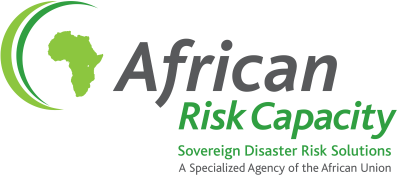In order to minimize basis risk – the technical term used to describe the potential mismatch between ARC payouts and country needs – the Secretariat engages each potential participating country and its in-country partners in a year-long process to customise Africa RiskView to the respective national context, using local expert knowledge and information to adjust settings and assess the model’s performance and ability to capture the impact of drought events on vulnerable populations. The whole process will be carried out by national Technical Working Groups and supported by the Secretariat.
The ARC Technical Working Group perform customisations by adjusting settings and testing new settings by comparing the corresponding Africa RiskView outputs against available quantitative and qualitative datasets. This defines an improved set of parameters that lead to Africa RiskView results which perform well across a range of metrics defined by the ARC Technical Working Group. At the country level, many datasets that describe past drought events exist. These include:
- Quantitative datasets, such as yield data, statistics published by regular food security or needs assessments, or data on historical operations and beneficiaries assisted by government and its partners; and,
- Qualitative data on past weather and climate disaster events and other food security emergencies, sourced from the knowledge of the highly qualified ARC Technical Working Groups, which can serve as a practical balance to purely numerical datasets.





